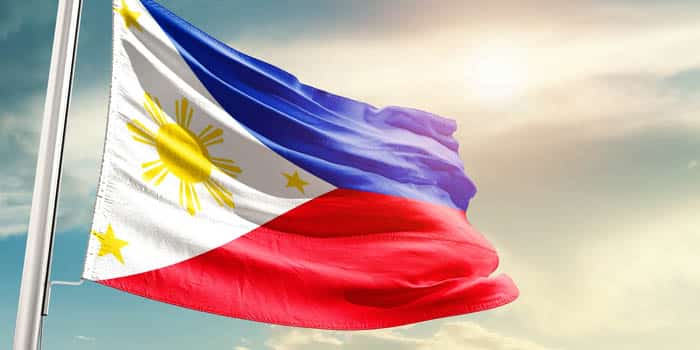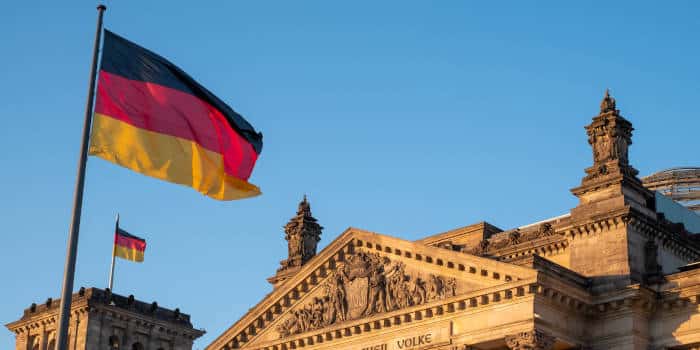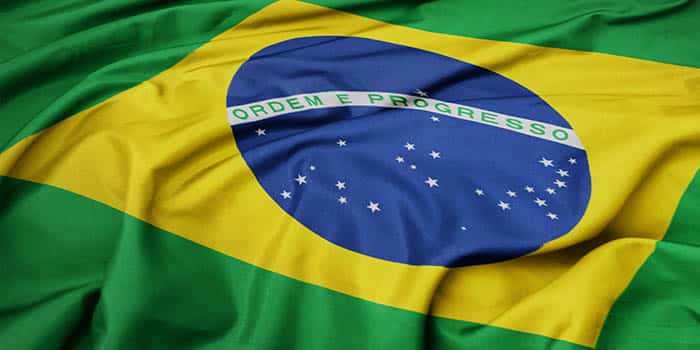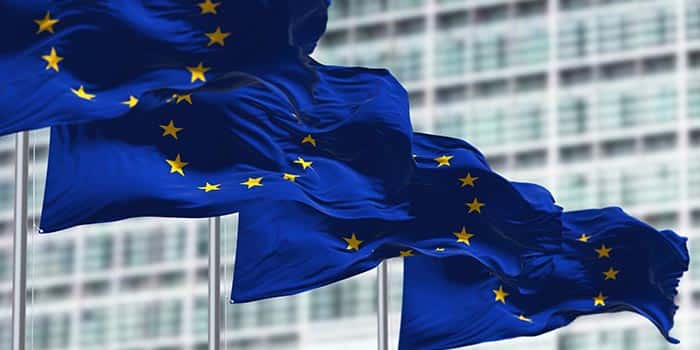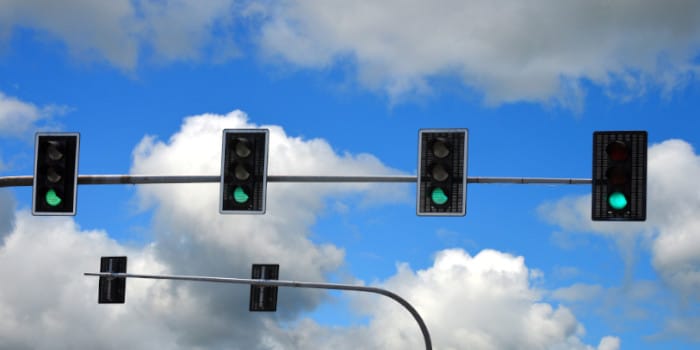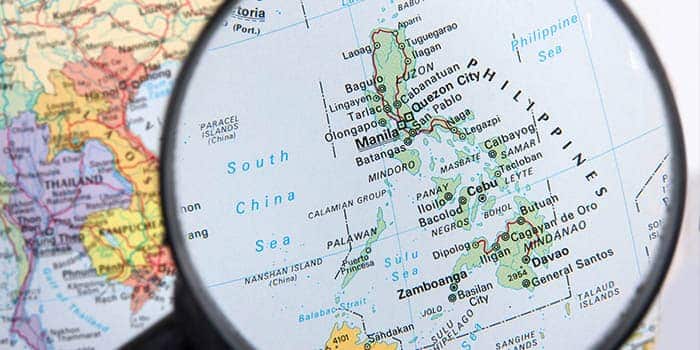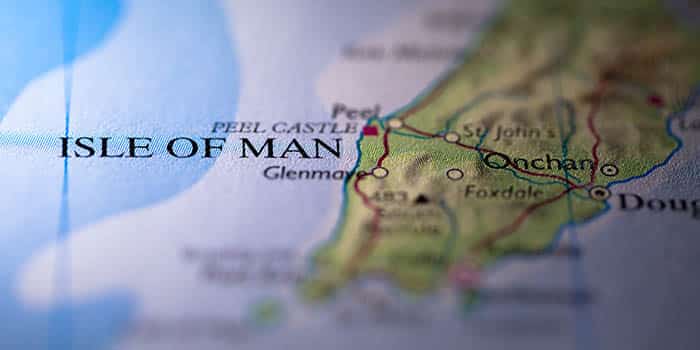- Casino
- By State
- Alabama
- Alaska
- Arizona
- Arkansas
- California
- Colorado
- Connecticut
- Delaware
- Georgia
- Florida
- Hawaii
- Idaho
- Illinois
- Indiana
- Iowa
- Kansas
- Kentucky
- Louisiana
- Maine
- Massachusetts
- Maryland
- Michigan
- Minnesota
- Mississippi
- Missouri
- Montana
- Nebraska
- Nevada
- New Hampshire
- New Jersey
- New Mexico
- New York
- North Carolina
- North Dakota
- Ohio
- Oklahoma
- Oregon
- Pennsylvania
- Rhode Island
- South Carolina
- South Dakota
- Tennessee
- Texas
- Utah
- Vermont
- Virginia
- Washington
- West Virginia
- Wisconsin
- Wyoming
- By State
- Slots
- Poker
- Sports
- Esports
Fact-checked by Angel Hristov
Philippines Considers Regulated Alternatives Following POGO Ban
The government admitted online gaming could bring significant benefits but remained adamant that any new implementation would have to adhere to strict regulations
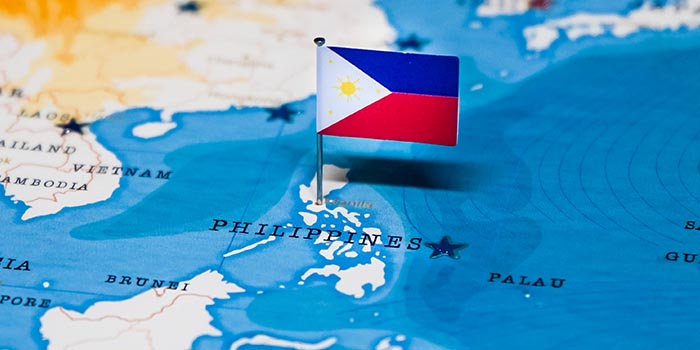
The Philippine Amusement and Gaming Corporation (PAGCOR) is exploring implementing an improved and regulated version of online gaming following President Ferdinand Marcos Jr.’s decision to impose a total ban on Philippine Offshore Gaming Operators (POGOS). Rebuilding the sector could bring significant employment opportunities and create new revenue streams for the government.
Lawmakers Remain Optimistic
In his State of the Nation Address on 22 July, President Marcos announced a total ban on POGOs. He highlighted the various problems they had brought to the country, which included ties to organized crime and other social issues. The move also forced 20,000 foreign workers out of the Philippines.
PAGCOR chairman and CEO Al Tengco recently discussed the option of legalizing online gambling during a recent House of Representatives meeting. He was hopeful that the industry could adapt and evolve, creating a new version of POGOs free from the systemic issues that led to their abolishment by the President.
The mandate of the President is to wind down operations till the end of the year, but maybe later on we can study and see if it’s possible to have a sort of an upgraded version.
Al Tengco, PAGCOR chairman and CEO
Northern Samar 1st District Rep. Paul Daza was also optimistic regarding the future of online gambling in the Philippines. He urged the government to learn from its experience with POGOS and create a safer, better-regulated alternative. He likened POGOS to software, suggesting that an improved version could benefit the economy while addressing past issues.
A Regulated Sector Could Be a Substantial Economic Boon
Tengco noted that the government had taken the first steps toward regulating online gambling by cutting the number of existing POGO licensees down from 298 to 43 compliant operators. He noted that before the President’s announcement, these companies had been conducting legitimate business and contributing to the economy.
The 43 legal operators were doing legitimate business, giving the government coffers revenue and providing employment to hundreds of thousands of people, directly or indirectly.
Paul Daza, Northern Samar 1st District Rep.
While President Marcos received a standing ovation when announcing the POGO ban, concerns remain regarding potential revenue loss and related job cuts. However, most of these operations functioned in a regulatory grey zone and contributed little to the country’s economy. The country’s National Economic and Development Authority (NEDA) reported that POGOS contributed less than 1% of GDP.
The ongoing discussions reflect a broader effort to balance economic interests with social responsibilities, aiming to create a more sustainable and ethically managed online gaming environment in the Philippines. Most consider President Marcos’s ban a much-needed restart, allowing the government to carefully assess how to implement online gambling within its broader economy and follow the example of other successful jurisdictions.
Related Topics:
Deyan is an experienced writer, analyst, and seeker of forbidden lore. He has approximate knowledge about many things, which he is always willing to apply when researching and preparing his articles. With a degree in Copy-editing and Proofreading, Deyan is able to ensure that his work writing for Gambling News is always up to scratch.
Must Read
Industry
July 8, 2025
Trump’s Gambling Tax Cap Draws Divided Opinions
More Articles



Industry
July 8, 2025
Trump’s Gambling Tax Cap Draws Divided Opinions
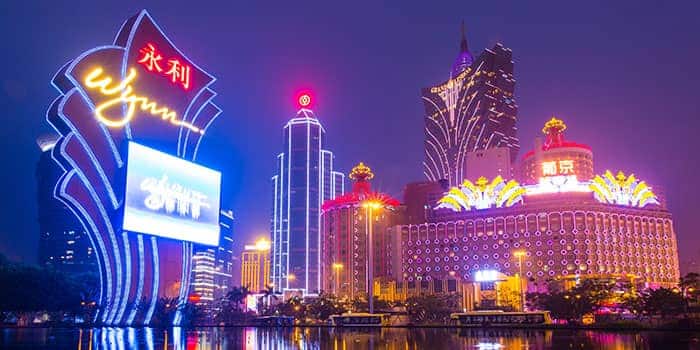
Industry
July 6, 2025
Macau Contemplates Axing Gambling Ads




